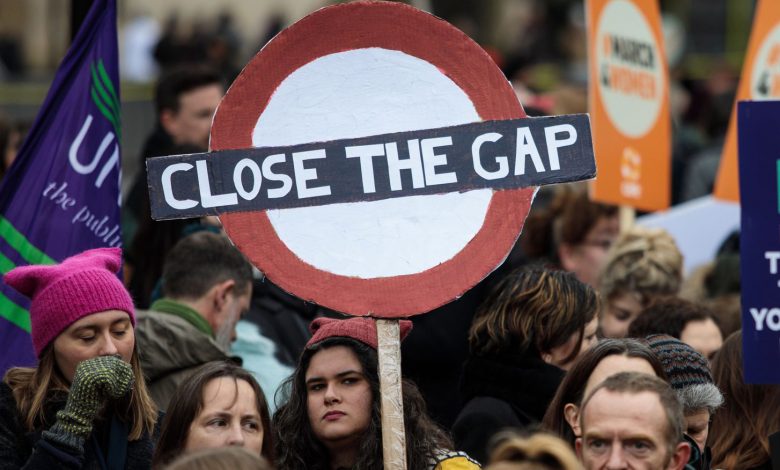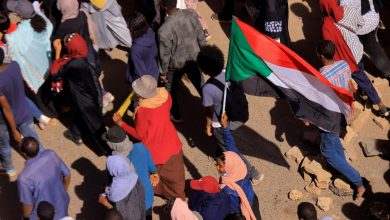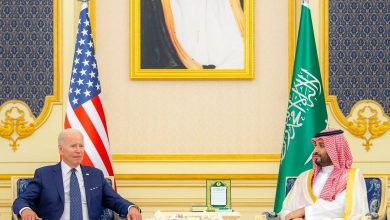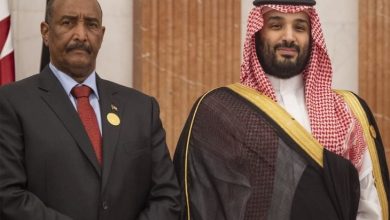The Saudi Information Crimes Law, a repressive tool that violates freedoms

The Saudi authorities exploit laws that explicit law texts to manoeuvre and use them as means of crushing freedoms and freedom of expression. The Information Crimes Law is a clear example of the Saudi manipulation and intimidation of the citizens.
The Sanad Organization for Human Rights said that with the technological development and surge of social media activism, the Saudi authorities exploited the laws to crush freedom of expression, spy on activists and ban them from expression.
The Saudi authorities violate international laws and treaties that legalise freedom of opinion and expression. According to the organisation, the authorities banned opinion expression, and free voices have become entrapped in the restrictions of power and its brutal suppression.
International organisations have repeatedly stressed that some local laws in the Kingdom suffer from a lack of clarity in their texts, which prompted the repressive authorities to exploit this to fuel repression and abuse of activists.
In light of the provisions of local laws that would allow the Saudi authorities to manipulate and circumvent them, many laws in the Kingdom have become a tool that perpetuates suppressing freedoms.
According to Sanad Organization for Human Rights, the Saudi authorities interpret the provisions of the laws, including the Information Crimes Law, under the policy of suppressing national, free and expressive voices.
In Article Six of the Information Crimes Law, it states that a penalty of imprisonment for a period not exceeding five years and a fine of not more than three million riyals, or one of these two penalties, shall be imposed on any person who works on the production of something that would prejudice public order, religious values, public morals or the sanctity of private life, or preparing it, sending it, or storing it through the information network or a computer.
This article is a straightforward tool that the authority manipulates through interpretations that are appropriate to suppress expressions of opinion, to issue arbitrary sentences against them without any legal justification, which complicates the file of prisoners of conscience and worsens the human rights situation in the country.
The Saudi regime uses the Information Crimes Law to suppress activists and crush freedom of opinion and expression to reinforce the authoritarian rule.
The Information Crimes Law is one of the tools of repression pursued by the authority of Crown Prince Mohammed bin Salman against those expressing their opinions on social media.
With the emergence of active figures on social media, especially Twitter and Snapchat, the Saudi authorities have become warier of expression, while the suppression of freedoms has increased.
This is for fear of increasing criticism against decision-makers in the state or revealing crimes and violations.
Among the most prominent provisions of this law, which suppresses freedom of expression, is Article 6, which stipulates a fine of 3 million riyals and 3 years in prison for anyone who harms the public order and produces on the Internet.
Social media activists are victims of government repression through some interpretations of the provisions of the Information Crimes Law.
And as it is in Article 7 of the law, which stipulates a fine of 5 million riyals and 10 years in prison for anyone who creates a website for a terrorist organisation on the Internet.
The Saudi authorities have arrested hundreds of activists and intellectuals on Twitter because they expressed their opinion.
This confirms the violation of freedom of opinion and expression, which contradicts the law and international treaties concerned with human rights.
Human Rights Watch has previously highlighted the intensification of repression in Saudi Arabia, despite the release of several prisoners in light of the continuation of harsh sentences, travel bans and torture violations.
The organisation said in a report that the Saudi authorities’ repression of dissidents, human rights activists, and independent critics continues with the same intensity, despite the release of some prominent activists in early 2021.
It stated that the sentencing of three detainees in March and April to long prison terms on charges related to their peaceful dissent and expression demonstrates the continuing crackdown by the authorities.





